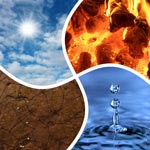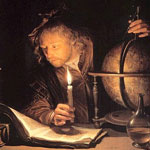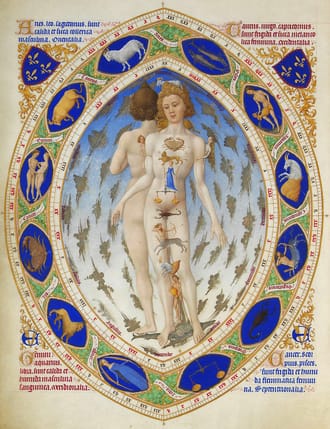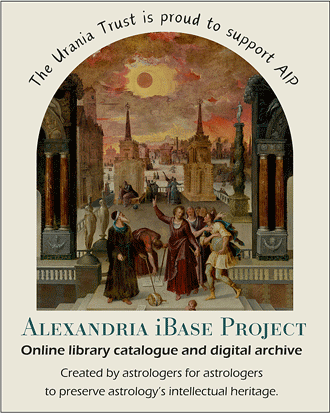Welcome to the Urania Trust
-
The Urania Trust was founded as an educational charity on the 9th November 1970 by a group of highly esteemed astrologers. Our continuing purpose is to further the advancement of education regarding the relationship between man's knowledge and beliefs about the heavens and every aspect of art science, philosophy and religion.
Featured Articles
-
Wild Yeast: Graeco-Arabic Translation Movement
- Details
- Scott Silverman
- Academic
- 19 Jan 2026

The Graeco-Arabic translation movement by the Abbasid caliphate impacted the transmission of scientific knowledge, education and innovation, including astrology practices, and influenced a new ideological syncretization. This essay explores circumstances often overlooked as contributing factors.
-
Finding Lost Objects
- Details
- William R. Morris, Scott Silverman
- Academic
- 03 Jan 2026

Discover two sacred traditions for recovering lost objects: the celestial art of horary astrology, transmitted from Persian and Arabic sources through medieval Latin synthesis to William Lilly's seventeenth-century English formulation, and the devotional practice of invoking help from St. Anthony of Padua, patron saint of lost things.
-
Prophecy and Power: Forward
- Details
- H Darrel Rutkin
- Academic
- 21 Dec 2025

In 1989 Patrick Curry published his Prophecy and Power: Astrology in Early Modern England, which had a major impact on our understanding of the social, political and intellectual history of early modern astrology, especially in England. The much awaited 2nd edition was published in 2024. Presented here is the new Forward written by H. Darrel Rutkin.
-
Found in Translation
- Details
- Scott Silverman
- Academic
- 21 Nov 2025

Ancient astrological texts have come down to us as interpretations of former translations, through Arabic, Greek and Latin versions, each struggling to convey ideas that often had no corresponding words. Much is revealed when we understand the winding paths tread by translators across the centuries.





